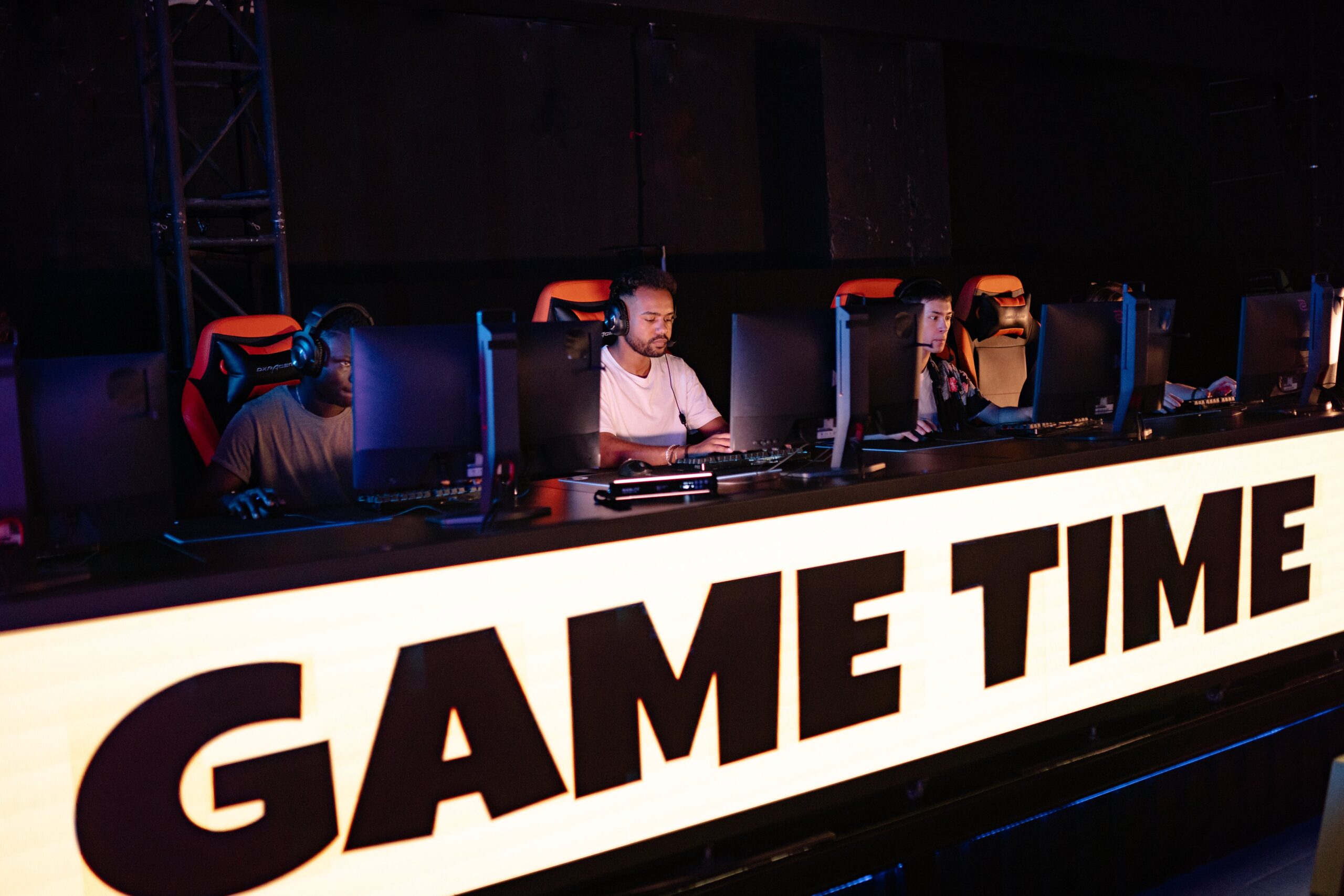Esports is short for electronic sports, is a form of competition using video games. Esports often takes the form of organized, multiplayer video game competitions, particularly between professional players, individually or as teams. In short, esports are video games that are played in a highly organized competitive environment. Esport is made possible with the continuous technological progress of online streaming media platforms, particularly YouTube and Twitch, enabled a surge in participation by professional gamers and spectators.
History
The gaming industry started in the late 1970s and early 1980s with the release of home consoles like Atari and Nintendo’s NES. In the late 1980s and early 1990s, gaming was mostly for at-home entertainment. Some of the most iconic games of this era were Super Mario Bros, The Legend of Zelda, Sonic the Hedgehog, Street Fighter II, Doom, and Final Fantasy VII.
While popular, gaming was still considered a niche hobby. That started to change in the late 1990s and early 2000s with the rise of PC gaming and multiplayer titles that allowed gamers to compete head-to-head. Tournaments and events around these PC games marked the beginnings of what we now call “esports.”
The 2000s also saw the release of hugely influential multiplayer console franchises. The advent of live streaming in the late 2000s enabled fans to spectate matches, further growing gaming as an entertainment spectacle.
Some important games in the growth of esports were the battle arena title League of Legends (LoL), the first-person shooter Overwatch, and battle royale shooters like Fortnite and PUBG. These games dominated Twitch streams and competitive circuits in the 2010s.
Today, esports is a major industry with tournaments offering prize pools in the millions. The 2022 League of Legends World Championship had over 74 million peak viewers, surpassing the viewership of the Super Bowl. Players can now pursue professional gaming careers with sponsorships and salaries comparable to traditional sports.
Gaming has evolved from a solitary activity to a lucrative market and competitive spectacle. It has become a dominant force in sports and entertainment, with sky-high potential as gaming technology and culture spread globally.
Investments in the gaming industry can take two main paths: one involving the game and its developmental ecosystem, and the other focusing on eSports teams and their players.
Game Development
From a gaming development standpoint, potential returns encompass various streams, including sponsorships, game revenue, and intellectual property (IP) growth. Notably, Microsoft’s acquisition of Activision Blizzard on October 13th, 2023, for $68.7 billion stands as the largest gaming-related acquisition to date. Activision Blizzard, a global video game publisher, brings valuable franchises like Call of Duty, Warcraft, Candy Crush, Overwatch, and World of Warcraft under Microsoft Gaming’s ownership. The immensely popular video game IP “League of Legends” (LoL) has further diversified its reach through a partnership with Netflix for the animated TV series “Arcane.” This collaboration achieved remarkable success, becoming Netflix’s highest-rated series globally within a week.
ESports Teams
Alternatively, investors can explore the gaming landscape by investing in eSports teams, akin to traditional sports teams in football or basketball. For instance, renowned eSports teams in the “League of Legends” domain include T1 in Korea, JD Gaming in China, G2 Esports in Germany, and Team Liquid in the Netherlands. A unique aspect of eSports teams is their flexibility to sign players from different games, enabling participation in various gaming genres. Cloud9, a U.S.-based team, exemplifies this by having players for different games such as Counter-Strike, LoL, and Super Smash Bros Melee.
Beyond player dynamics, eSports teams differentiate themselves through geographically localized fanbases, representing the regions they originate from. This localized approach has fostered collective entities like UKETC, overseeing 14 of the UK’s prominent esports teams. Each eSports team investment is as distinctive as the players shaping the team’s identity, with specializations in different games catering to diverse fanbases within specific demographics.
The forecast for esports indicates a promising future, with projections of 31.6 million viewers in 2023 and an expected 10.0% growth in esports ad revenues to reach $264.3 million. Despite these positive trends, some advertisers remain cautious about investing in what they perceive as a niche market. Overall, the gaming industry has transformed into a lucrative and competitive spectacle, with esports standing as a dominant force in sports and entertainment.
